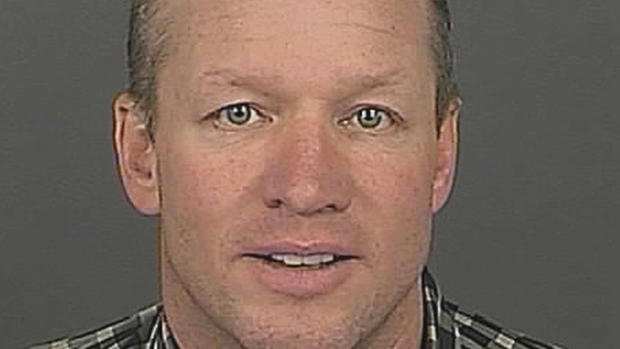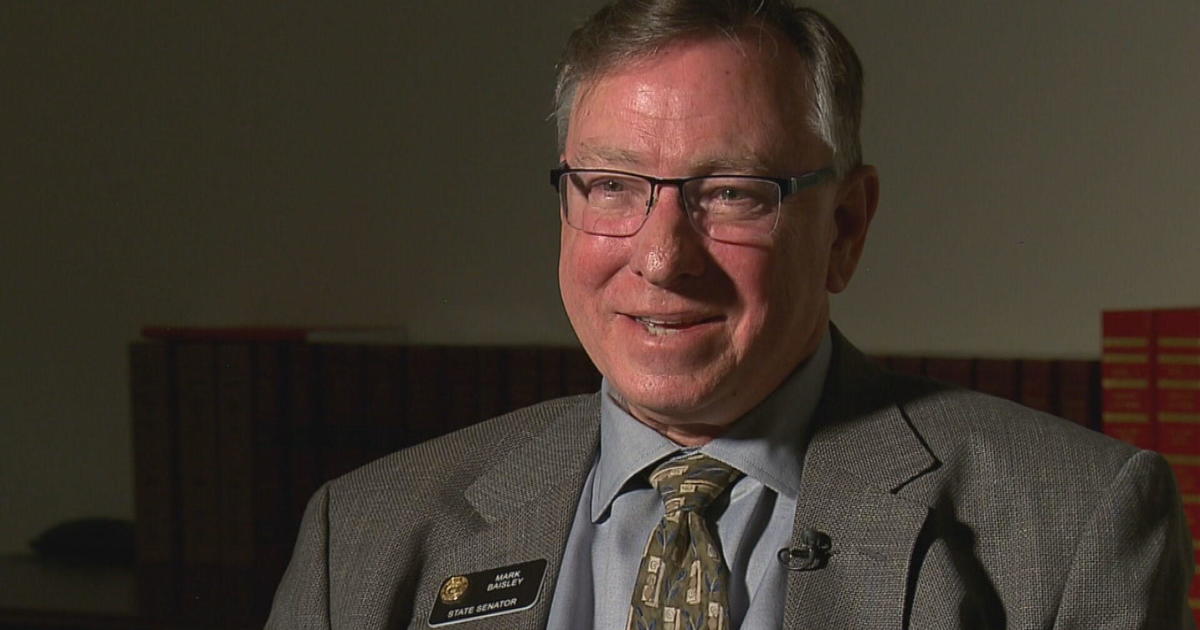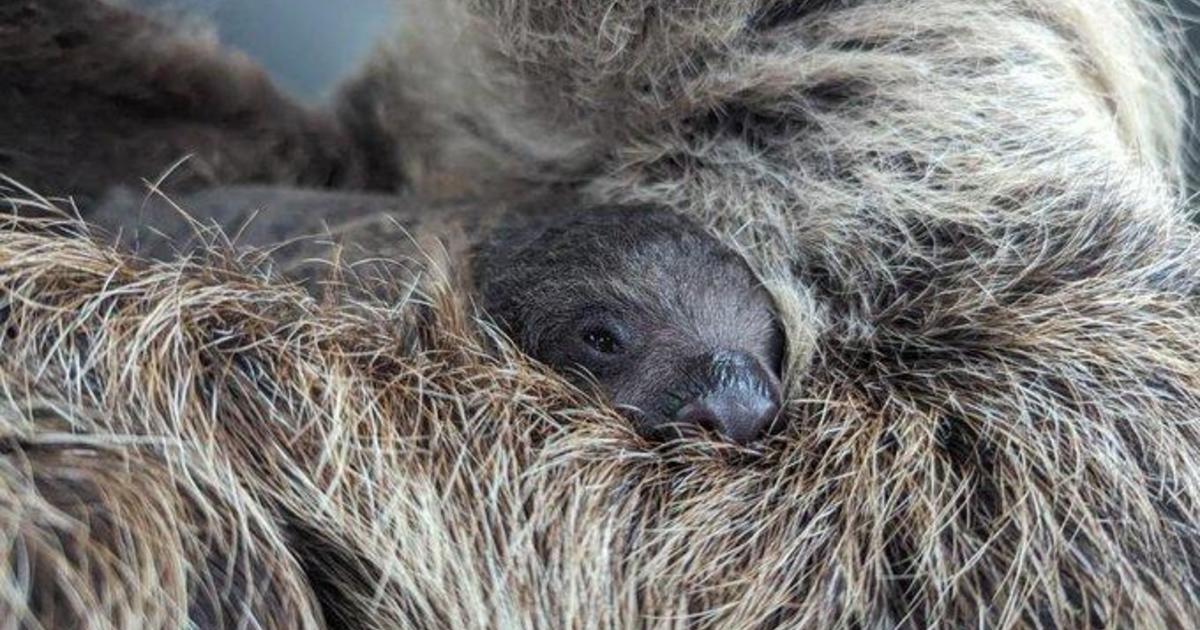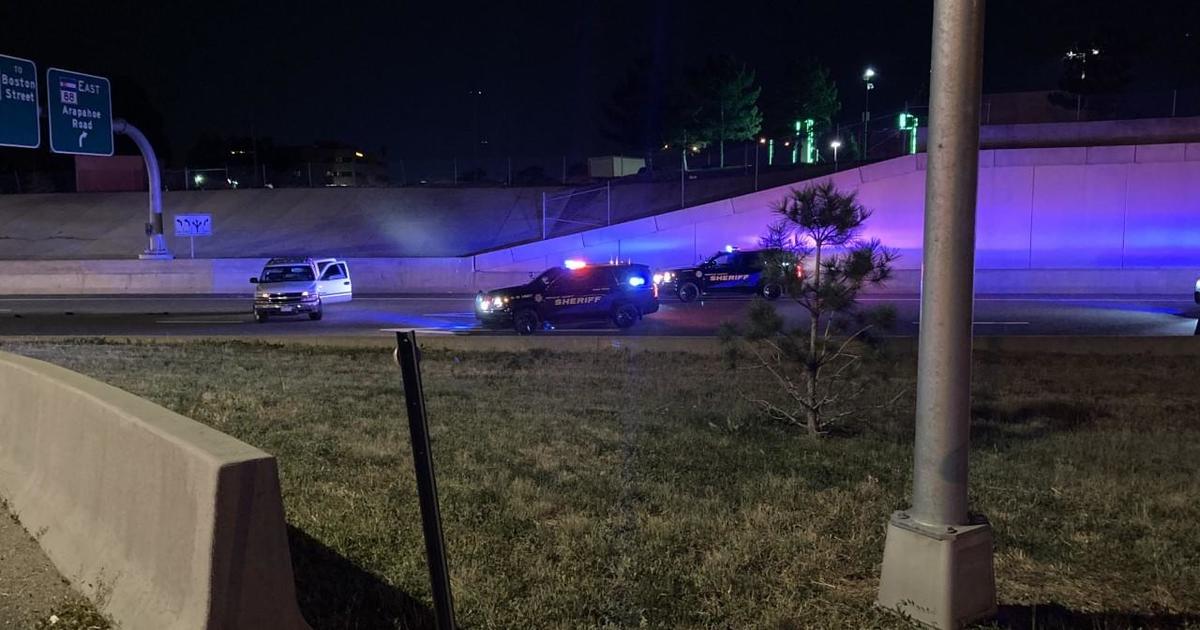Lawmakers Push For More DNA Samples From Offenders
DENVER (CBS4)- Some state lawmakers are pushing to get more samples from offenders in Colorado's DNA database. A bill proposed at the state Capitol would require samples even for some misdemeanors.
Two years ago lawmakers tried to pass a bill that would have required police to collect DNA every time they arrested a person for any misdemeanor. That measure failed.
This year lawmakers scaled back their proposal to require collection only when a person is convicted of certain misdemeanors. Their DNA would then go into the state database that already houses the DNA of people convicted of misdemeanor sex crimes and felonies.
The case of William Costello may be the best argument for expanding the DNA database. He was arrested in July 2014 on felony assault. His DNA was linked to three rape cases.
Denver District Attorney Mitch Morrissey said two of those rapes could have been prevented, "Had Mr. Costello's DNA gone into the system on a misdemeanor conviction that he had in 2003, two women that we know of, we're certain he raped, would not have been raped."
Morrissey is one of the nation's foremost experts on DNA. He said in Denver alone they've had 400 hits from DNA collected in felony arrests in just the last five years.
Now that database may be expanded to include certain misdemeanors as well.
"This about preventing crimes, this is about solving crimes and this is about exonerating the inncoent," said Rep. Dan Pabon, a Democrat representing Denver.
Pabon has introduced a bill that would require DNA collection for the most serious misdemeanors including assault, theft, child abuse and harassment.
Morrissey estimates it would add 10,000 more people a year to the database.
"We know about a third of the time if we include these misdemeanors we are going to see hits," said Morrissey.
"I'm certain if you chipped us all at birth and took everybody's DNA you would solve even more crimes," said ACLU spokeswoman Denise Maes.
Maes believes the bill goes too far, "There are really good law enforcement techniques that we have out there that can solve these crimes. We don't have to go to the point of invading people's privacy to get there."
"Remember these are criminals who have been convicted by a jury of their peers," said Pabon. "If we get a hit that means families and those who have been victims of these crimes can actually have some justice."
New York has collected DNA for all misdemeanors since 2012. Pabon says it's helped solve 200 murders and 600 rapes. His bill has bipartisan support but will still have an uphill battle with some lawmakers.




